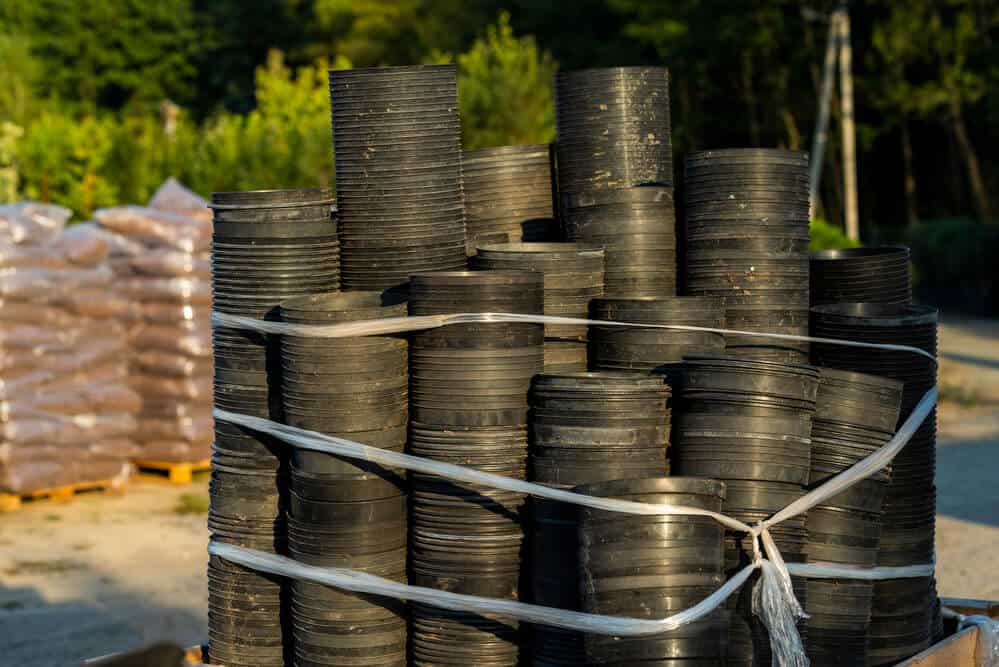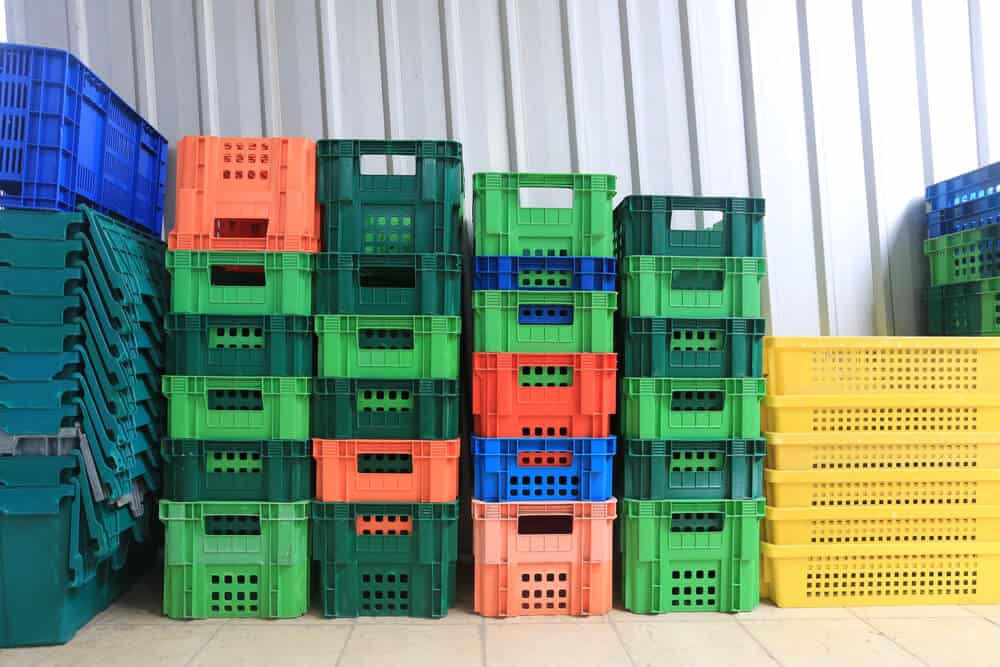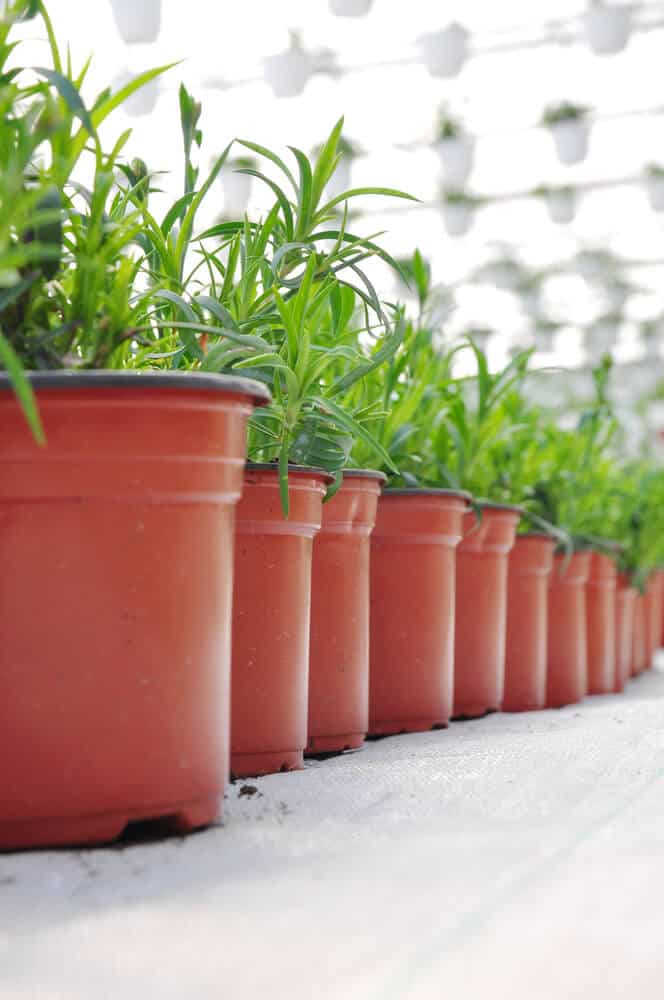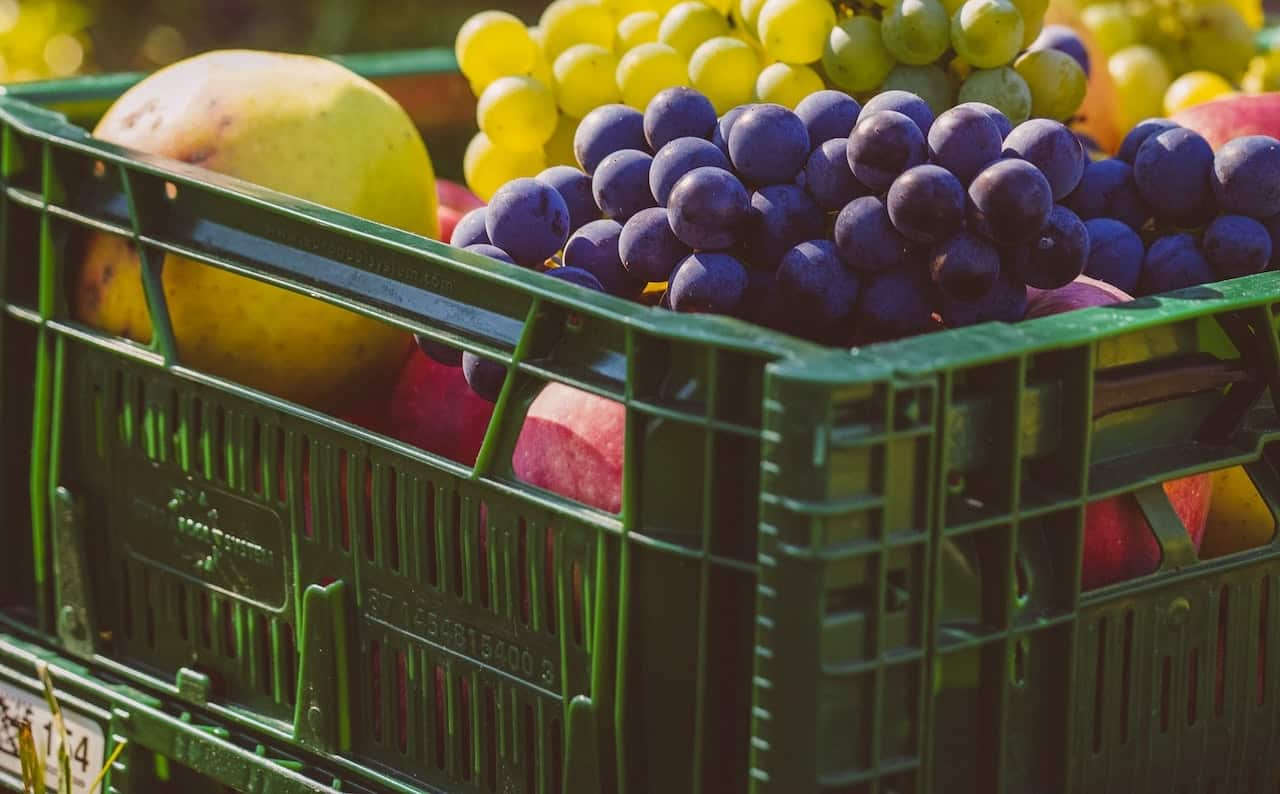PP plastic is non-toxic, lightweight, and easy to recycle. However, it takes a number of years for PP plastic to decompose, which can cause significant harm to the environment.
PP accounts for 16% of the entire plastics industry, and as it is recyclable, businesses must ensure this process is used to reduce the demand for raw mateirals.




